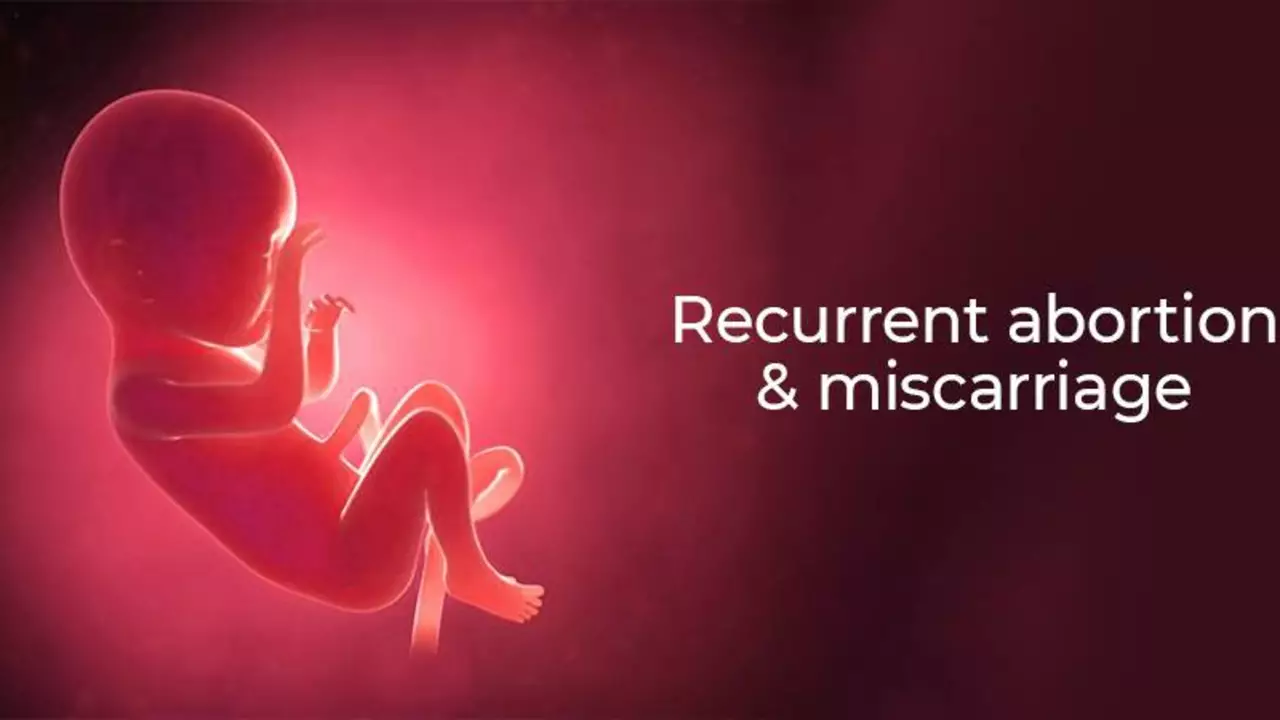Understanding Miscarriage and Its Impact
A miscarriage is the loss of a pregnancy during the first 20 weeks. It is a traumatic and deeply personal experience that can leave a lasting impact, both emotionally and physically. The emotional healing process may take time, but it's important to remember that physical recovery is just as crucial. As a woman, your body needs time to heal and prepare for the possibility of another pregnancy. In this section, we will explore the physical impact of miscarriage and how it can affect your fertility.
How Miscarriage Affects Fertility
A common question many women have after experiencing a miscarriage is how it will affect their fertility. It's important to know that having a miscarriage doesn't necessarily mean you will have fertility issues in the future. In fact, most women who have had one or even two miscarriages go on to have a healthy pregnancy later. However, repeated miscarriages can sometimes indicate an underlying health issue that may impact fertility.
When to Try Again After a Miscarriage
Deciding when to try for another pregnancy after a miscarriage is a deeply personal decision, and one that should be made in consultation with your healthcare provider. Generally, it's safe to start trying again after your menstrual cycle returns to normal, which can take anywhere from a few weeks to a few months. However, it's important to ensure you're emotionally ready to try again as well.
Preconception Care Following a Miscarriage
Preparing your body for a healthy pregnancy after a miscarriage is crucial, and preconception care plays a key role in this process. This means taking steps to improve your health before you become pregnant again. This can involve eating a balanced diet, exercising regularly, avoiding harmful substances like alcohol and tobacco, and managing any existing health conditions.
Investigating Causes of Miscarriage
If you have experienced multiple miscarriages, your healthcare provider may recommend tests to investigate possible underlying causes. These can include hormonal imbalances, uterine abnormalities, genetic issues, or immune disorders. Identifying and addressing these issues can improve your chances of a successful future pregnancy.
Fertility Treatments After Miscarriage
In some cases, fertility treatments may be recommended after a miscarriage. This can include medication to stimulate ovulation, surgery to correct any uterine abnormalities, or assisted reproductive technologies like in vitro fertilization (IVF). It's important to discuss all your options with your healthcare provider to determine the best course of action for you.
Coping With the Emotional Impact of Miscarriage
Last but certainly not least, it's important to acknowledge the emotional impact of miscarriage. It's okay to grieve, to feel a range of emotions, and to take time for healing. Seeking support, whether from loved ones, a support group, or a mental health professional, can make a big difference in your recovery. Remember, it's okay to ask for help and you're not alone in your journey.


Katherine Stapp
July 22, 2023 AT 07:50Frank De Silva
July 22, 2023 AT 13:19Claire Battista
July 22, 2023 AT 16:08Erin DeGroot
July 22, 2023 AT 17:13Stephanie Bryant
July 23, 2023 AT 16:24Drashti patel
July 24, 2023 AT 10:27Kaitlin Crockett
July 25, 2023 AT 00:54